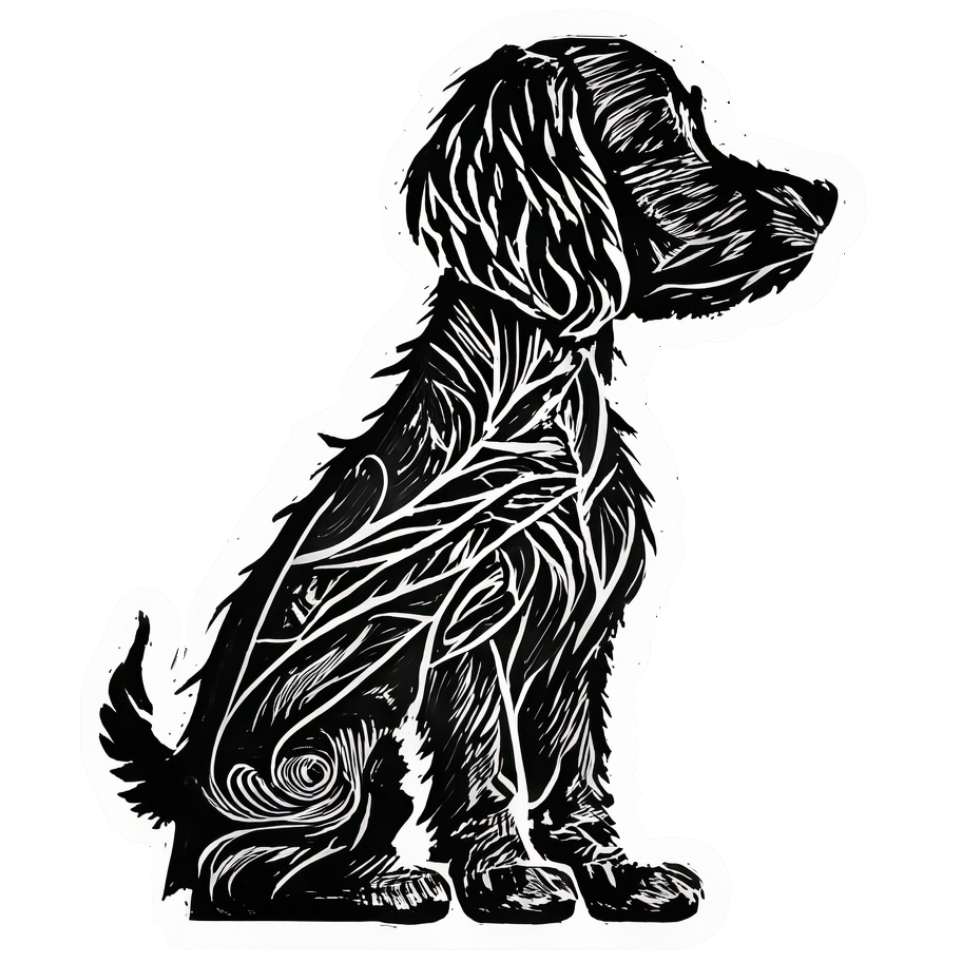A Comprehensive Guide to Oral Health and Hygiene

Dental care is an often-overlooked but vital aspect of a dog’s overall health and well-being. Poor dental hygiene can lead to a variety of oral issues, from bad breath and discomfort to more serious health problems. This article delves into the importance of dental care in dogs, offering insights, guidelines, and practical tips to maintain a healthy mouth and a happy life for your furry friend.
1. Common Dental Issues in Dogs
- Plaque and Tartar Buildup: Accumulation of bacteria and minerals leading to gum disease.
- Gingivitis: Inflammation of the gums, often a precursor to more serious dental issues.
- Periodontal Disease: Advanced gum disease that can lead to tooth loss and systemic health problems.
- Broken or Worn Teeth: Often caused by chewing hard objects or trauma.
2. Consequences of Poor Dental Health
- Oral Discomfort and Pain: Affects eating, behavior, and overall quality of life.
- Systemic Health Issues: Bacteria from the mouth can enter the bloodstream, affecting organs like the heart and kidneys.
- Bad Breath: Often the first sign of underlying dental problems.
3. Professional Dental Care
- Regular Dental Check-ups: Professional examinations, cleanings, and necessary treatments.
- Anesthesia and Safety: Understanding the role and safety of anesthesia in dental procedures.
- Identifying and Treating Issues Early: Early intervention can prevent more serious problems.
4. Home Dental Care
- Brushing Teeth: Regular brushing with dog-specific toothbrushes and toothpaste.
- Dental Chews and Toys: Specially designed products to help clean teeth and gums.
- Diet and Nutrition: Feeding dental diets or treats formulated to support oral health.
5. Recognizing Signs of Dental Problems
- Visual Signs: Red or swollen gums, yellow tartar, broken teeth, or growths in the mouth.
- Behavioral Signs: Reluctance to eat, drooling, pawing at the mouth, or changes in chewing habits.
6. Special Considerations for Puppies and Seniors
- Puppy Dental Care: Monitoring teething, early dental check-ups, and establishing good dental habits.
- Senior Dental Care: Increased vigilance as older dogs may be more prone to dental issues.
7. The Role of Genetics and Breed
- Breed-Specific Risks: Some breeds are more prone to dental issues due to the structure of their mouths.
- Understanding Genetic Factors: Awareness of breed-specific risks aids in prevention and care.
The importance of dental care in dogs extends far beyond a sparkling smile. It’s a critical component of overall health, comfort, and longevity. By embracing a comprehensive approach to dental care, including professional check-ups, home care, early detection, and understanding breed-specific risks, dog owners invest in the well-being of their canine companions. The commitment to dental health reflects a deeper bond of trust, empathy, and responsibility, ensuring that our dogs thrive in a life filled with joy, exploration, and the simple pleasure of a healthy chew.
